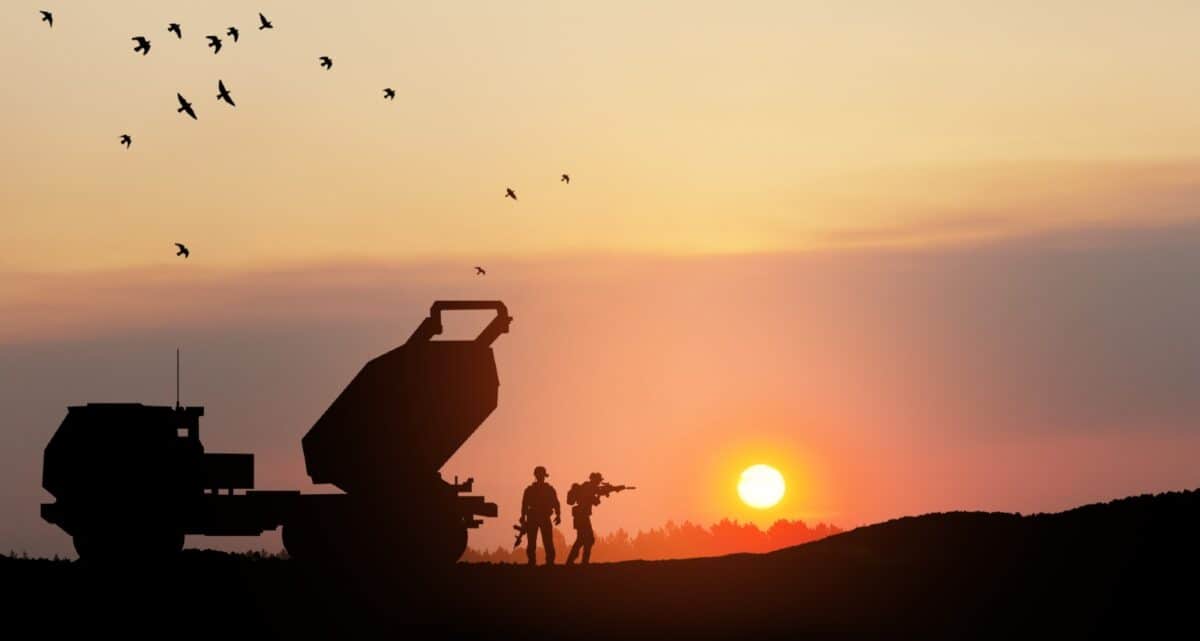Shortly after Israel’s assassination of Hizbollah leader Hassan Nasrallah last Friday, Iran’s top political and military leaders gathered to discuss how Tehran should respond.
For weeks after the surprise election of reformist President Masoud Pezeshkian in July, Iranian politicians had been publicly pushing a message of restraint even as Israel increased its attacks on Hizbollah, the Islamic republic’s most important proxy.
But after Nasrallah’s killing it was Iran’s military leaders, bent on revenge and fearful the republic was looking increasingly weak, who won the day at the Supreme National Security Council meeting on Monday, said an Iranian official. With little warning, Iran on Tuesday fired about 180 ballistic missiles at Israel, pushing the arch foes closer than ever to the full-blown direct conflict Tehran has been insisting it wants to avoid.
“Nasrallah’s assassination was the last straw and Iran has come to the conclusion the Israelis are not going to stop; they are taking harsher measures and now they are going to attack and invade part of Lebanon,” an Iranian official told the Financial Times. “The military commanders persuaded [the council] that if Iran does not [retaliate], it will lose its supporters and it will badly damage its reputation.”
In doing so, the supreme leader Ayatollah Ali Khamenei, whose prime aim is ensuring the survival of the republic, has taken a huge risk. He has so far backed Pezeshkian’s overtures to the west in the belief that it is in Iran’s interests to resolve its years-long nuclear stand-off with the US and European powers in a bid to ease sanctions on the crippled economy, say Iranian analysts.
After a suspected Israeli attack killed Hamas’s political leader Ismail Haniyeh hours after Pezeshkian’s inauguration in Tehran in July, the regime held back from retaliating despite the humiliating security breach.
Iranian officials said the new president urged restraint, with Iranian politicians wary of falling into what they described as Israel’s “trap”. The belief is that Israeli Prime Minister Benjamin Netanyahu wants to drag the republic into a direct conflict with Israel and the US, and scupper the slim chances of any détente with the west.
But in the weeks since, Israel drastically stepped up its assault on Hizbollah, killing Nasrallah — a close confidant of Khamenei — and other senior commanders, launching waves of intense air strikes on Lebanon and on Tuesday sending troops into the Arab state’s south.
“Hizbollah was the front line of Iran’s defence and if Iran doesn’t protect that line nobody . . . will trust Iran,” the Iranian official said. “[Pezeshkian] is under a lot of pressure, because what the Americans promised him turned out to be wrong, therefore they cannot trust anyone now.”
Major General Mohammad Bagheri, chief of staff of Iran’s Armed Forces, said on Wednesday that Tehran endured “a very difficult period of restraint” that lasted nearly two months. But the Islamic republic concluded that the US had given a “green light” to Netanyahu to escalate, with Iran’s top general saying the situation was “no longer bearable”.

Pezeshkian too spoke of the frustrations after Nasrallah’s assassination.
“The claims made by the leaders of the US and European countries, who promised a ceasefire [to end the war in Gaza] in exchange for Iran not responding to the assassination of Haniyeh, were entirely false,” Pezeshkian told a cabinet meeting on Sunday. “Giving such criminals more time will only embolden them to commit further atrocities.”
The Islamic republic is braced for a response, halting all flights in and out of Iran on Tuesday and Wednesday.
In April, when Iran launched its first direct strike against Israel from Iranian soil, Tehran clearly telegraphed the strike. It sent drones that gave Israel, the US and its allies hours to prepare their defences. This time, the barrage was just ballistic missiles — Iranian media also said “hypersonic” missiles — which travel far faster, giving Israel and its partners a much shorter response time.
Iran claimed that 90 per cent of the missiles had hit their targets, most of which were military facilities in or around Tel Aviv. Video footage suggested one missile may have exploded at or near the headquarters of the Mossad, Israel’s foreign intelligence service.
But an Israeli security official said most of the missiles that Iran fired were intercepted by the air defences of Israel, the US and its allies.
Netanyahu has vowed to retaliate, saying “Iran made a big mistake tonight — and it will pay for it”.

Tehran still hopes the situation can be contained. In April, Israel responded to Iran’s first assault by firing missiles at an air base near Iranian city of Isfahan, which is also close to one of the republic’s main nuclear facilities, but neither side escalated further.
Abbas Araghchi, Iran’s foreign minister, said in a social media post on Wednesday that Tehran’s “action is concluded unless the Israeli regime decides to invite further retaliation”. “In that scenario, our response will be stronger and more powerful,” he said.
For a regime that has long touted its domestically produced missile and drone capabilities, as well as the might of its proxies such as Hizbollah, as powerful deterrents against Israel, the recent weeks of Israeli assaults have been humiliating.
Israel has displayed its military superiority and showed that its intelligence agencies have penetrated deep into Hizbollah and the Islamic republic, with the assassination of Haniyeh in Tehran and the attack on the Lebanese movement’s communications devices last month.

Since Hamas’s October 7 attack ignited the regional hostilities, Israel has also killed at least 19 Revolutionary Guards officers, mostly in strikes on Syria. One senior commander, Abbas Nilforoushan, was killed alongside Nasrallah in Israel’s strikes on the southern suburbs of Beirut on Friday.
The escalation has been a boon for Iran’s hardliners, who were humiliated by Pezeshkian’s election victory. They have seized the moment to criticise the reformist president, his senior diplomats and advisers for acquiescing to US pressure and urging restraint.
Although all key foreign policy decisions are ultimately determined by Khamenei and the Revolutionary Guards, analysts believe presidents and diplomats can influence the leader’s decisions.
“This misguided optimism must end, and the reformists are to blame for trusting the US once again,” said Hamid-Reza Taraghi, a prominent hardline politician. “It’s meaningless to talk about peace. Peace with who? A rabid dog?”
He criticised reformist leaders for “downgrading the promise of ‘hard revenge’ against Israel [following Haniyeh’s assassination] to merely hoping Israel would accept a ceasefire”.
Pezeshkian’s push to drive a reformist agenda, particularly his attempt to engage with the west, which many US and European diplomats were always sceptical of, has suffered a severe blow.
“Pezeshkian is under a lot of pressure himself, and therefore he can’t argue any more and persuade the military leaders not to take any action,” the Iranian official said.
Credit: Source link














